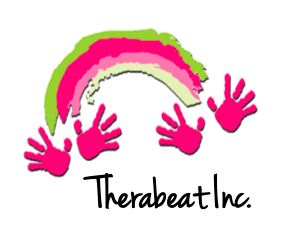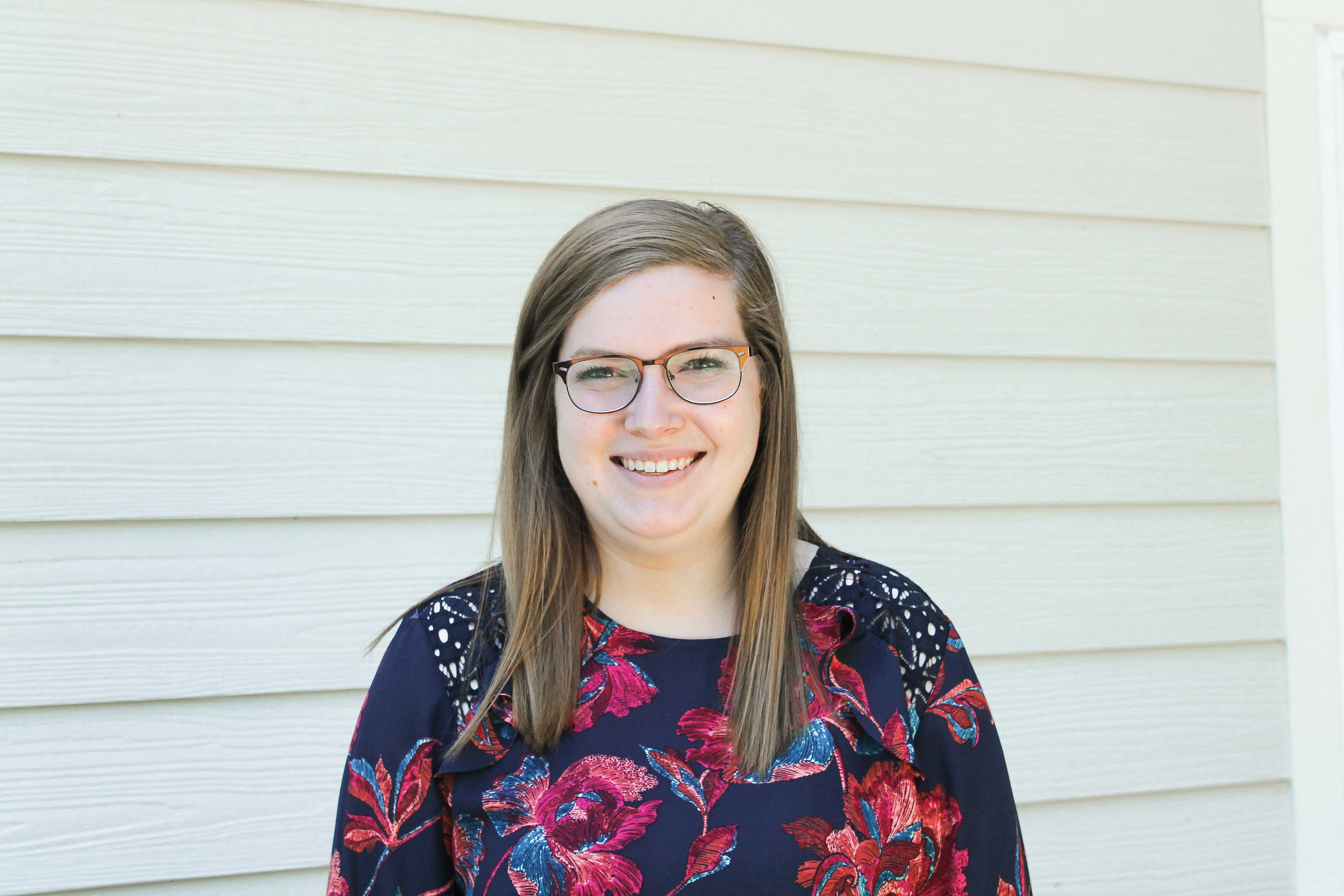Hello! My name is Rachel Buchheit and I recently finished my course work at Belmont University in Nashville, TN. During my time at Belmont, I had the opportunity to work with various populations including older adults, inpatient psych, and kids with special needs. Also, as a double major in church music I have spent the last two years working in a church where I worked with children, youth, and adult handbell choirs and vocal ensembles.
One of the reasons I was drawn to Therabeat as an internship site was the amazing team. I am so excited to be able to observe and work with the eight music therapists and learn from their different styles. I can’t wait to see each therapist in action and learn more about the different aspects of running a private practice. Another reason I was drawn to Therabeat was because of the variety of services offered. Therabeat offers both individual and group sessions as well as adaptive music lessons for various ages.
My first day at Therabeat was the recital last Saturday. It was awesome to see all of the kids sing, dance, and play. They were amazing! During my first week at Therabeat I have been able to observe individual music therapy sessions as well as the Little Beats group, the Marietta Enrichment Center group, and the Tots class. I also had the chance to observe a few co-treats of music therapy and physical therapy. Outside of this, I have been observing in the physical and occupational therapy gyms and will be observing speech therapy in the coming weeks.
I look forward to meeting all of the kids and their families and getting to see them grow over the next six months. I am thrilled to be working with the team at Therabeat!
-Rachel Buchheit, Music Therapy Intern






